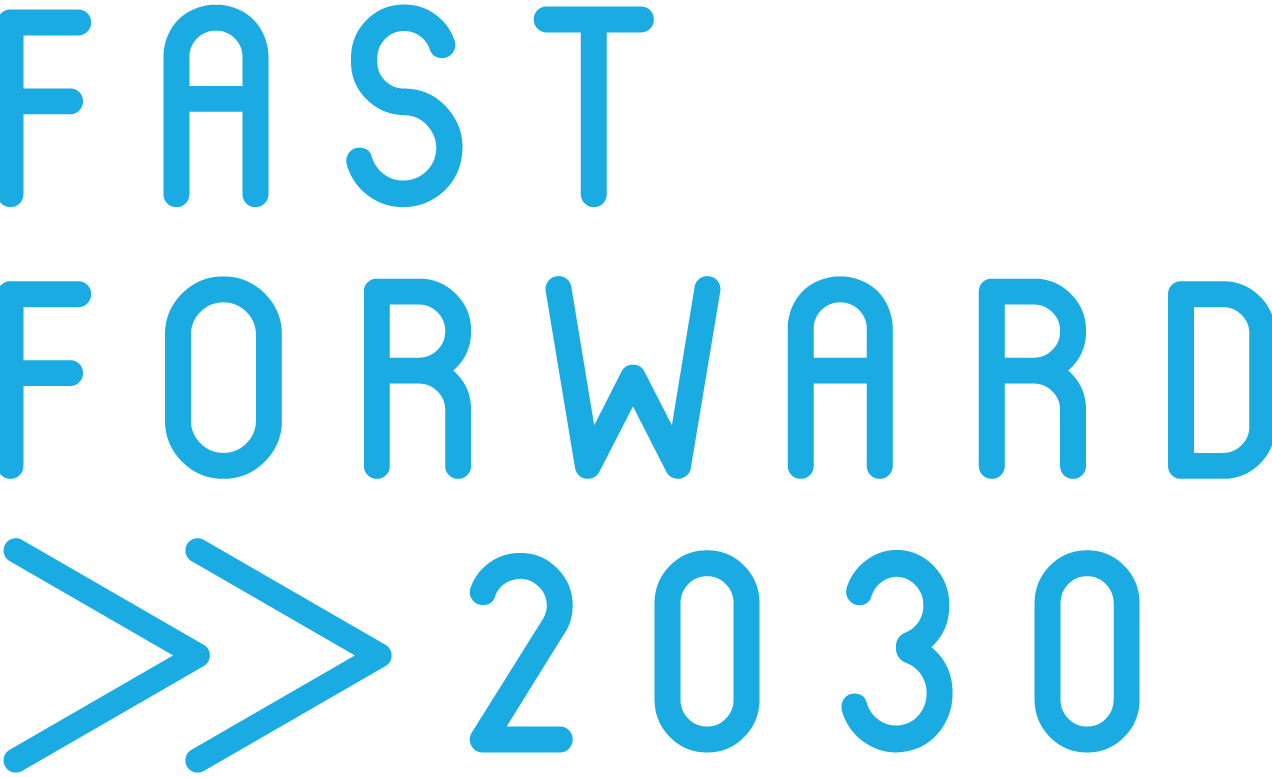The Rise of Donald Trump: The Urgent Need for a Fresh Approach by Businesses
The main aim of the Sustainable Development Goals, due in 2030, is to “free the human race from the tyranny of poverty and want and to heal and secure our planet”. The election of Donald Trump, and the general political atmosphere that has emerged show that at the moment, we are moving in the opposite direction.
Conventional business models that seek profit and growth over all else have created the kind of two-tiered society that leaves people behind. When this becomes the defining feature of the economic system, anger becomes the defining characteristic of politics. 2016 has been the year that anger at the way things are run reached boiling point. Political results unimaginable a couple of years ago have become the new normal. The rise of Trump from outsider to President-Elect epitomises this.
In the USA, just under 70% of the population either voted for Trump or did not vote at all (42% did not vote, 26.4% voted for Trump). The vast majority either saw voting as futile because they had so little faith in change, or chose to support the candidate who rarely got into specifics, apart from anger at the status quo and suspicion of mainstream politics. This gave voice to the alienated, and evidently reflected millions of voters’ feelings. Such was the popularity of this message that it was articulated on both sides of the political spectrum, as demonstrated by Bernie Sanders winning 43.1% of the Democratic Primary vote.
And it is easy to see why so many believe our politics has lost its way. Tiny proportions of the population are experiencing unimaginable rises in wealth, when vast swathes of the population have felt the bite of stagnating or declining wages. One of the most extensive studies on the corporate network examined a database of 37 million companies and investors, including all 43,060 transnational corporations. They found that 147 interlinked companies control 40% of the wealth in the network, and 737 control 80%.
Their mutual interests are reinforcing, and their collective influence is unprecedented. The massive influence of these economic entities over the political sphere has created culture where crude indicators of economic growth are the only indicators used to determine success. Profit margins are taken as vindication that something is valuable to society. In short, wealth is prioritised over well-being.
It is easy to see how the one-sided nature of our politics, accompanied by stagnation or decline in incomes and living standards for the majority has brought us to where we are now. It’s made a successful hunting ground for populists like Trump and the Brexit crew, harnessing this anger to push forward policies that will not help.
It’s for this reason that a new approach to the way we do business is needed. Consumer by consumer, and company by company, an alternative path to the ‘existence for profit’ mentality is not only possible, but also crucial.
We need to create business models that acknowledge, and attempt to solve the social, economic and environmental problems that pose such a threat to our well-being and stability today. Businesses need to be more urgent about the social and environmental crises that face us. Large corporations and wealthy individuals epitomise the two-tier system that has created this mess. Therefore, real progress has to come from smaller businesses with ideas for big change.
The problems highlighted are big. But by creating alternatives, and by choosing to work and consume differently, small organisations and businesses can realise the kind of change that is urgently needed, not only for our environment but for our crumbling political consensus.
